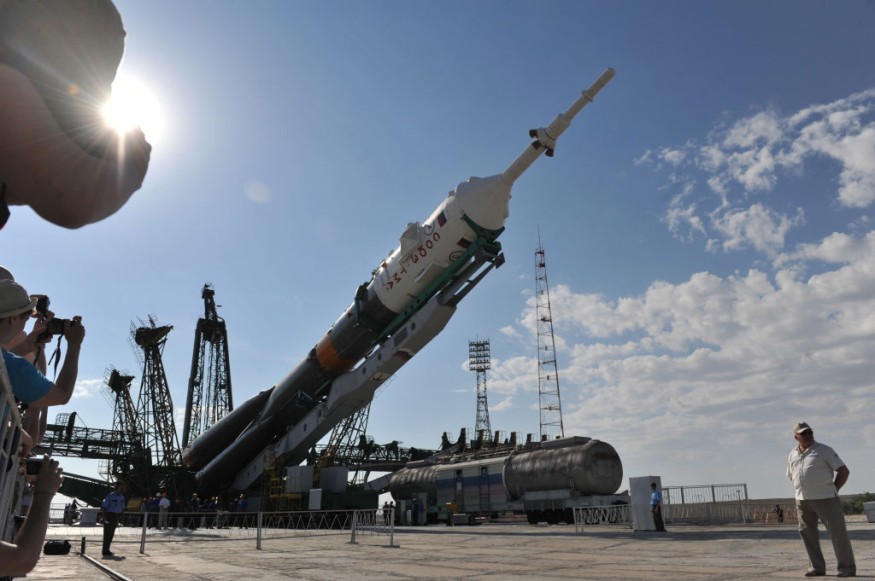In a recent Twitter post, Roscosmos, a Russian space agency said it is suspending collaboration with European partners in organizing space launches "from the Kourou Cosmodrome" and removing its personnel which includes the consolidated launch crew, "from French Guiana."
⚡ «В ответ на санкции Евросоюза в отношении наших предприятий Роскосмос приостанавливает сотрудничество с европейскими партнерами по организации космических запусков с космодрома Куру и отзывает свой персонал, включая сводный стартовый расчёт, из Французской Гвианы», — @Rogozin. pic.twitter.com/KLm2UQsIEz
— РОСКОСМОС (@roscosmos) February 26, 2022
As specified in a The Verge report, the space agency announced it is temporarily halting launches of its Soyuz rocket in French Guiana because of sanctions imposed by the European Union.
According to Roscosmos, it is currently working on a plan to pull out all 87 of its staff from the Guiana Space Center in Kourou, who assisted with Soyuz rocket takeoffs for the space agency, as well as other Russian firms.
As pointed out by Space.com, European launch provider Arianespace is using the Soyuz rockets of Roscosmos to launch satellites from French Guiana and the Baikonur Cosmodrome in Kazakhstan.
ALSO READ: Satellite Photos From Space Show Heartbreaking Russian Invasion of Ukraine [Look]

Sanctions Imposed
Arianespace was on track to launch two Galileo satellites into orbit with the use of a Soyuz rocket in April although that will likely be pushed back because of the growing tensions among countries.
Essentially, the United States and Europe have put a slew of authorizations on Russia since its Invasion into Ukraine, and have moved as well, to exclude some Russian banks from SWIFT.
In a statement, European Commissioner for Space Thierry Breton said he confirms that the decision has no consequences on both the continuity and quality of the Galileo and Copernicus services. Neither does such a decision put these infrastructures' continued development at risk.
Russia and Europe have been preparing for a robotic mission to Mars set to happen this year. According to Josef Aschbacher, European Space Agency director, ESA has continued working on all of its programmers, including on the International Space Station or ISS and EXOMars launch campaign, although it will continue monitoring the developing situation.
The US Excluded from the Venera-D Mission
On top of temporarily cutting alliances with Arianespace, the head of Roscosmos Dmitry Rogozin has decided to exclude the US from Venera-D, a joint mission to explore Venus.
Rogozin said early Saturday morning, he considers the continued participation of the US in the early Venera-D mission of Russia "inappropriate" in light of the authorizations and permissions it put on Russia. Rogozin claimed too that such sanctions will devastate relations between NASA and Russia, potentially resulting in the downfall of the ISS.
Venera-D Mission
In 2017, Space.com said in a separate report that Roscosmos and NASA are working together on a mission to Venus that would examine some of the "scorching hot planet's biggest mysteries" which include, perhaps, whether it harbors life.
This report also specified that according to David Senske, of the Net Propulsion of Laboratory in Pasadena, California, an international team of researchers tasked with fleshing out the main objectives of the mission called Venera-D, was at that time finishing up its work and would deliver its final report to NASA and the Space Research Institute of the Russian Academy of Science.
Report about the recent anouncement is shown on Technology News Live's YouTube video below:
Check out more news and information on Space in Science Times.












